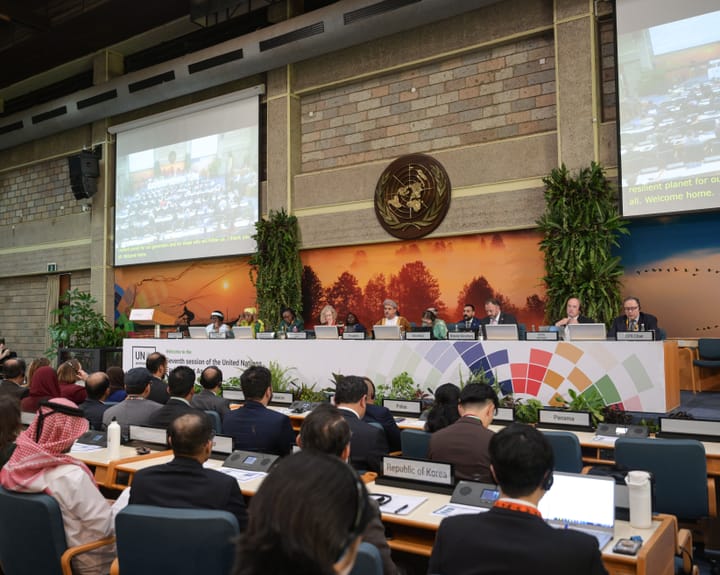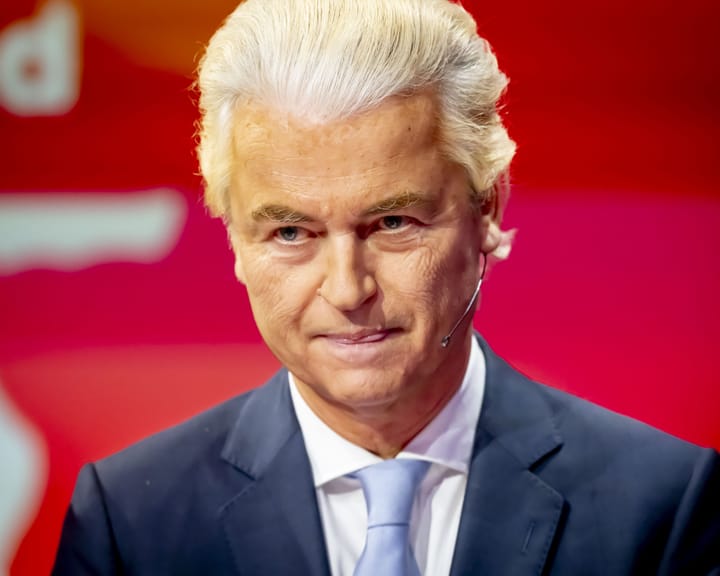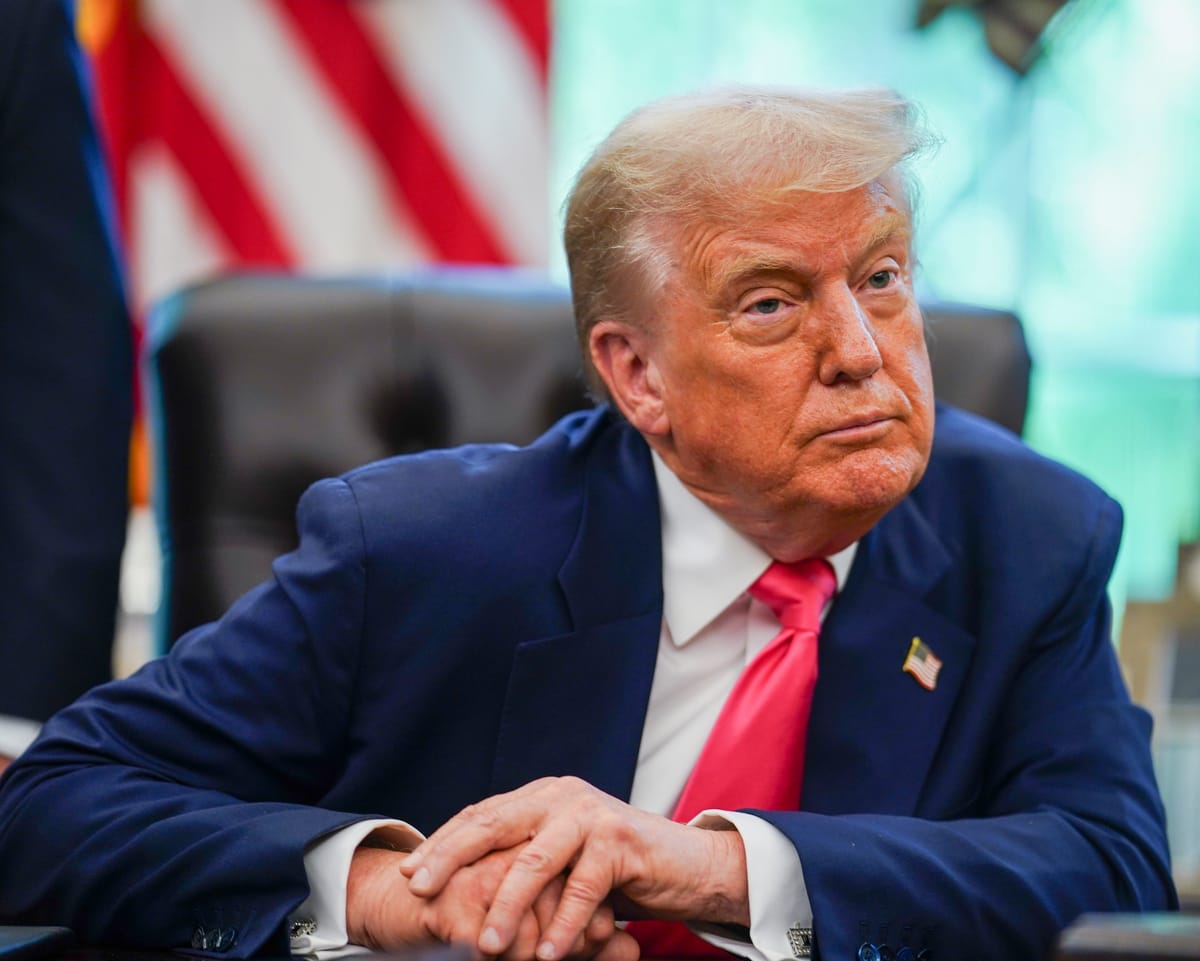Day 222 of Donald Trump’s presidency, and Russia’s war in Ukraine—which he vowed to stop immediately—continues without any indication of resolution. This wasn’t an offhand pledge; he repeated it at least 53 times. Yet the U.S. president has not fulfilled it, whether taken literally or in his preferred vague manner. Can a war be symbolically ended? Apparently not.
Instead, Trump has shifted focus to another conflict: the deeply troubling and legally dubious humanitarian disaster in Gaza. He may not describe it as such. This week, he avoided addressing Israel’s military actions in Gaza City or the growing reports of famine in the region, declaring instead: “I think within the next two, three weeks, you’re going to have a pretty good, conclusive ending.” Right. His proposed solution so far resembles an incoherent plan: Phase 1: Crisis. Phase 2: ? Phase 3: Resolution.
Compare this to historic wartime decisions. One might look at the Yalta conference photo of Churchill, Stalin, and Roosevelt and wonder how much faster things would have ended if they had ignored complexities and viewed global politics as a series of business opportunities. Yet today, the fate of countless suffering people rests on leaders who, under different circumstances, might be facing legal consequences instead of governing.
This is the unvarnished truth. Ending the crisis in Gaza depends on Trump, not on symbolic gestures—whether social media statements, public displays of support, or well-intentioned but ineffective appeals.
Similarly irrelevant, in practical terms, is Ed Davey’s announcement this week that, after careful consideration, he would skip the king’s banquet for Trump during the upcoming state visit. Trump likely has no idea who Davey is. (Polls suggest 35% of Davey’s own voters don’t recognize him either.) Davey believes boycotting the dinner sends a message to Trump and Keir Starmer that the situation in Gaza cannot be ignored. While his intent is admirable, the action carries little more weight than an online post—or perhaps slightly more.
Read next

Africa's Warning on Solar Geoengineering Risks Gains Editorial Backing
It is appropriate that this week’s United Nations environmental discussions are happening in Nairobi, as Africa plays a central role in shaping global climate dialogue. Diplomats from the continent are addressing the complex issue of whether attempting to cool Earth by reducing sunlight exposure is a prudent approach. While

Might Narcolepsy Medication Revolutionize the World?
Breakthroughs in Sleep Science Reveal Surprising Insights
During a conversation with a pharmaceutical researcher, I learned of significant progress in sleep medications. One promising development targets narcolepsy, though its method could also address broader sleep issues like insomnia, much like how certain unexpected innovations find wider applications — akin to adhesive

"Far right still dominant in Netherlands despite Wilders' government setback"
Dutch Voters Head to the Polls Amid Political Instability
On Wednesday, Dutch citizens will cast their votes once again, marking the ninth election for the Tweede Kamer—the legislative chamber of the Netherlands’ parliament—in this still young century. In some respects, the country has come to resemble Italy in

